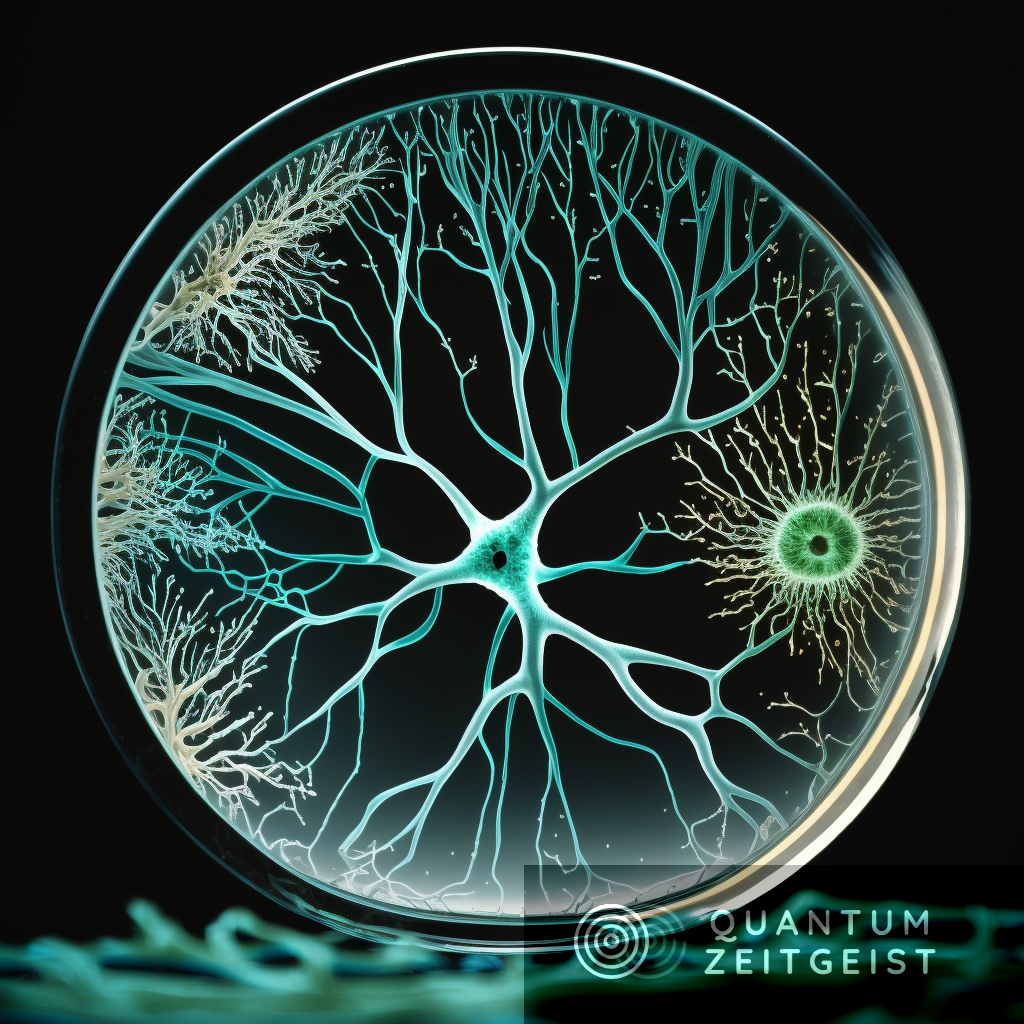Cortical Labs has secured $15 million in funding to further its innovative technology, DishBrain. This biological computer fuses living brain cells onto computing devices and presents an alternative solution to rat-based drug testing for pharmaceutical companies. Potentially paving the way for tech companies to explore neural networks.
Cortical Labs, founded by Dr Hon Weng Chong, is dedicated to advancing research-based biotech and is excited to bring its bio-computer, DishBrain, to the forefront of this cutting-edge industry. Dishbrain was showcased when it was taught how to play the game of Pong on a computer; this milestone earned a publication in Neuron magazine in October of last year.
In January, Amazon’s chief technology officer, Werner Vogel, became interested in the story and decided to visit the laboratory in Melbourne where the 11-member team was working. During his visit, he observed how the cells were connected to a computer device and how the system could decipher calculations and perform complex tasks.
“He said we wouldn’t believe how much money Amazon is spending on their electricity bill for their AI, and if there was anything that could do computation intelligence that is much cheaper to run in terms of consuming energy, then they’re all for it.”
Dr. Hon Weng Chong
Apart from research-based companies, software businesses are also potential customers for AI technology. These businesses are interested in exploring natural language processing, the technology behind ChatGPT. Natural language processing enables computers to understand, interpret, and generate human language, making it possible to create more advanced AI technologies.
“That’s why we’re going to build the world’s first neural cluster, where we will be growing these neurons, putting them onto the computing system and connecting them up to the cloud.
Dr. Hon Weng Chong
Just like the centralised cloud model, developers anywhere in the world can actually gain access to these neurons and develop applications and experiment with them.”
AI Technology: A solution to eliminate Animal Drug Testing.
Despite the concerns, the technology has already attracted paying customers in the pharmaceutical industry. It will allow them to study how cells respond to new drug combinations without animal testing. This approach appeals to companies looking to reduce their reliance on animals and investors seeking a clear commercialization pathway for innovative technology.
“We’ve been working out the business models, and we see a lot of applications around in vitro testing, cognitive testing and as an experimentation platform for drug development. ut when it comes down to it, if we think about the human brain as the world’s most efficient computer, then how can we leverage that into the computing systems we use today.”
Jonathan Tam
UK-based Bit Bio, a biotech company specializing in creating human cells for drug discovery and development, has signed up to receive the CL1 system in the fourth quarter of 2023. The company hopes to use the bio-computers to accelerate the drug discovery process, which is often slow and costly.
The fact that a company like Bit Bio is willing to invest in this new technology indicates the potential benefits that it could offer to the pharmaceutical industry. However, it also highlights the need to carefully consider the ethical implications of using biological intelligence in computing and ensure that this technology is developed responsibly and under appropriate regulations.
“We’ve also hired ethicists to work with us because ‘what is sentience?’ and ‘what is consciousness?’ are very important questions.
Dr. Hon Weng Chong
The minute these things are conscious, we need to have a serious conversation as a society around how we interact with them. I’m heartened to see this philosophical discussion happening in the health sciences industries around the world.”
Read more about it here.

